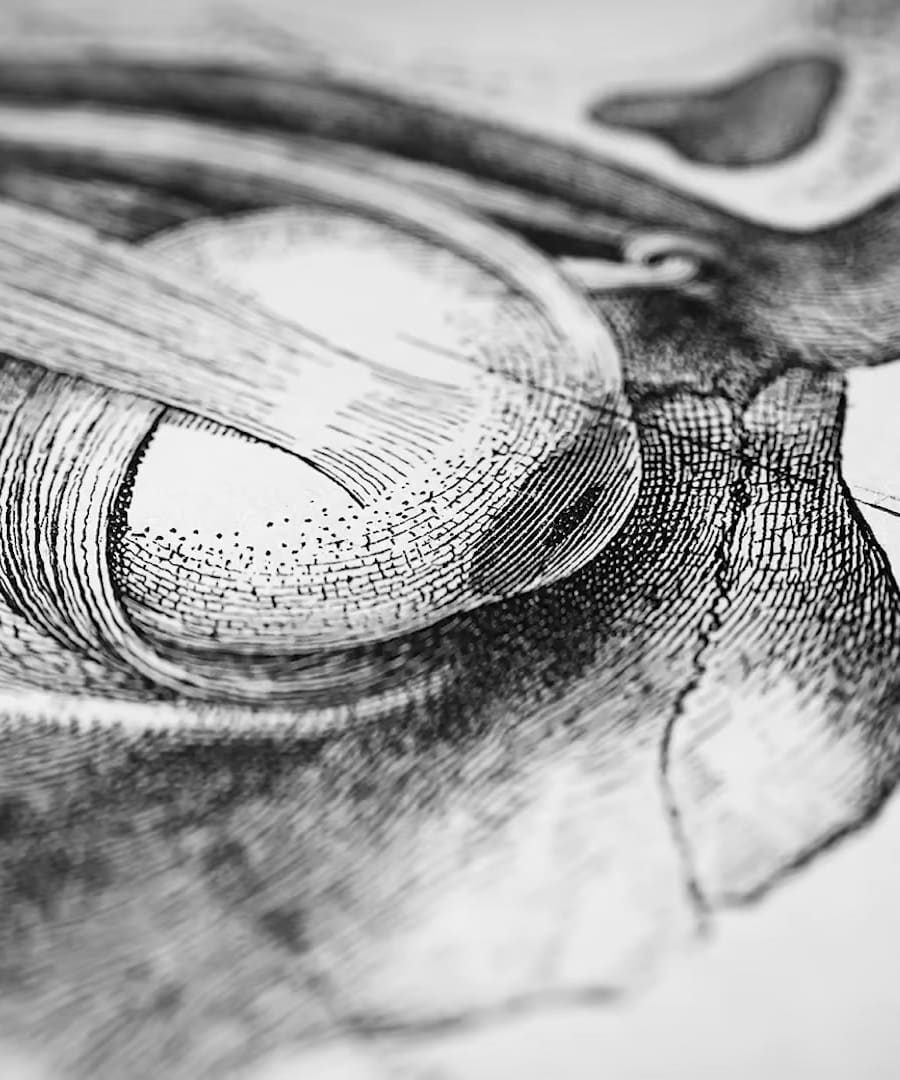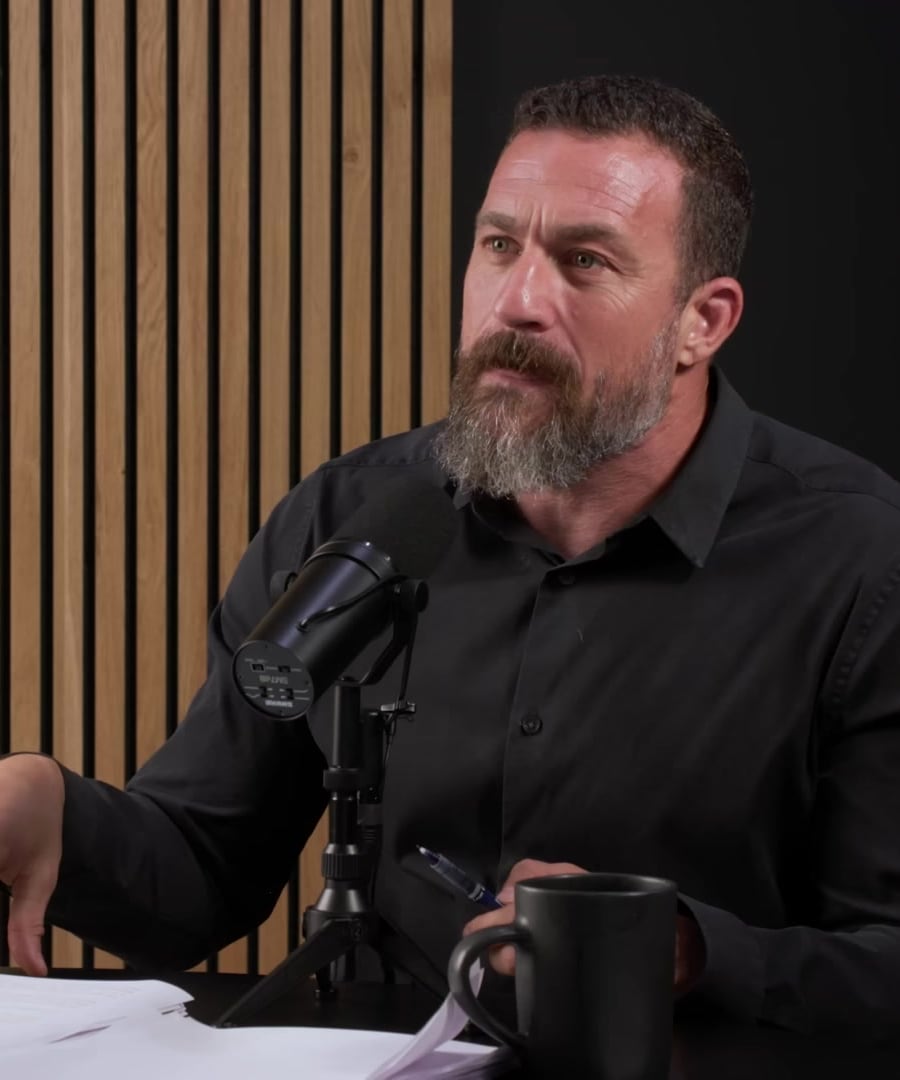Tell me about journaling
Sources:
Journaling can be a valuable tool for personal growth, self-reflection, and emotional processing. According to and , journaling helps bring new perspectives to our thoughts and experiences, which is crucial for understanding the self with curiosity rather than repetition. It assists individuals in gaining insight into their thoughts and behaviors, prompting questions like why certain thoughts occur or when they began 1. It's important for journaling to provide some distance from our immediate thoughts, allowing reflection and a deeper understanding of oneself.
also discusses the healing power of journaling, especially when writing about stressful or traumatic episodes. The act of writing can induce neuroplasticity in the prefrontal cortex, leading to positive shifts in mental and physical health. It can accelerate progress in therapies for conditions like depression and PTSD 2.
Moreover, journaling comes in different styles, such as free associative journaling or 'data dump,' which can be especially useful to clear mental clutter first thing in the morning. Another method focuses on structured journaling, where one writes about their goals, aspirations, and the details around them 3. Journaling can also be used to overcome anxiety related to contemplating our desires, helping to actualize goals and aspirations 4.
For sleep, suggests keeping a 'worry journal' to help decrease the time it takes to fall asleep by managing nighttime rumination and anxiety. Writing down concerns a couple of hours before bed can 'close the emotional tabs,' allowing for better rest 5.
A particular journaling protocol supported by over 200 peer-reviewed studies is highlighted by for its impressive benefits to mental and physical health. This method involves writing about one’s deepest emotions and thoughts related to upsetting experiences or major conflicts. This can lead to improved mental health metrics, like reduced anxiety and better decision-making, to physical benefits, such as improved immunity and pain relief 6 7.
RELATED QUESTIONSCan you tell me more about different journaling methods?
Sources:
There are several journaling methods discussed by and presented on the , each serving different purposes and offering various benefits. Here are some of the methods highlighted:
-
Free Association Journaling/Data Dump: This style is also known as the 'morning notes.' It involves writing anything that comes to mind right after waking up or any time when feeling mentally cluttered. It helps in clearing out the clutter and organizing one's thoughts 1.
-
Structured Journaling: Different from the free association, this method is about writing with a specific goal or intention in mind. One focuses on aspirations, goals, and desires. This form of journaling brings structure to thoughts regarding future plans or goals 2.
-
Expressive Writing: Developed by James Pennebaker, this intensive protocol involves writing about the most challenging or traumatizing experience in one's life. It's usually done in short bursts, such as for 15-30 minutes at a time, potentially over consecutive days or once weekly over a month. This method has been researched and is linked to a host of positive shifts in mental and physical health 3.
-
Autobiographical or Diary Journaling: This conventional form of journaling involves daily updates and reflections on daily life events. It's distinct from therapeutic or goal-oriented journaling but can still be beneficial 4.
-
Unconventional Journaling Protocols: Some protocols seem conventional but differ significantly in content. These may include specific emotional considerations and are designed to result in substantial positive shifts in health, particularly in comparison to control groups performing more mechanical forms of writing 5.
-
Gratitude Journaling: Writing about things one is grateful for has been shown to improve happiness, reduce anxiety, and foster better relationships. Though not the focus of the episodes discussed here, gratitude journaling is acknowledged as beneficial for both body and mind 6.
Each of these journaling methods can cater to different needs, whether it is processing emotions, organizing thoughts, setting goals, or reflecting on daily life. The choice of which method to use might depend on personal objectives and what one hopes to gain from the journaling practice.
RELATED QUESTIONS-
Tell me about journaling
- RELATED QUESTIONS
Can you tell me more about different journaling methods?
- RELATED QUESTIONS











